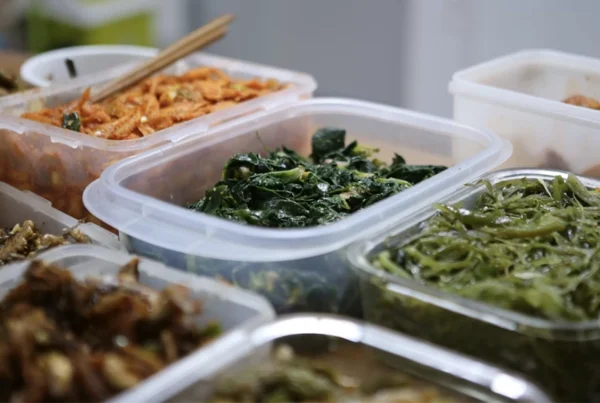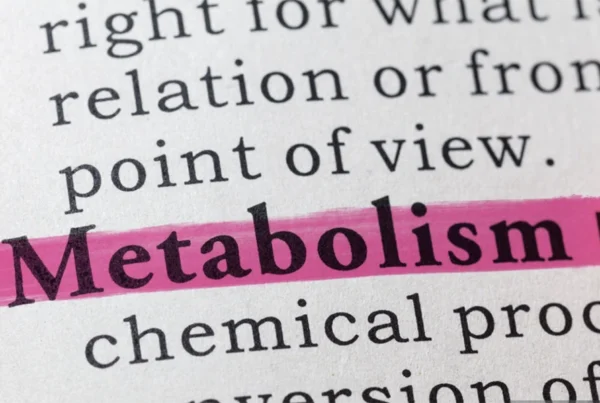The plant-based movement has grown fiercely over the last decade. With more people embracing a vegan diet for ethical, environmental, and health reasons, it’s important to also talk about digestion—because while a plant-based diet can be profoundly healing, it can also come with a side of bloating, gas, or discomfort when not approached with care.
So how do we support gut health while thriving on a plant-based diet? Let’s explore the naturopathic tools that help optimise digestive wellness and make bloating a thing of the past.
The Gut-Vegan Connection
A fibre-rich vegan diet feeds beneficial gut bacteria and supports the production of short-chain fatty acids (SCFAs), which reduce inflammation and help maintain a strong gut lining. In fact, studies show vegans and generally those who consume the widest variety of plant foods tend to have greater microbial diversity—a hallmark of gut health.
But more fibre doesn’t always mean experiencing better digestion, especially when it’s introduced too quickly or in a compromised digestive system. That’s where a naturopathic gut healing approach becomes essential.
Common Causes of Bloating on a Vegan Diet
- Rapid increase in fibre
Suddenly increasing whole grains, legumes, and cruciferous vegetables can overwhelm the digestive system and lead to gas or bloating. - A fast introduction of foods the gut isn’t used to
The microbial residents living in our gut have little to do with what food we SHOULD be eating for long term health, and more to do with what we HAVE been eating. So if you’ve been eating foods from animal origin (think meat, eggs, cheese, milk etc.) then your gut is currently more adapted to these foods, and it may not yet have the bacteria you need to effortlessly break down these new plant foods, and extract the nutrition you need for optimum health.
- Low stomach acid or enzymes
A sluggish digestive fire (known in naturopathy and Ayurveda as “Agni”) can make it harder to break down complex plant foods. - Gut dysbiosis
A pre-existing imbalance in gut bacteria can be exacerbated by fermentable plant fibres (known as FODMAPs), triggering symptoms. It’s important to realise that this does not mean that these plant fibres are unhealthy for your gut in the long run- quite the contrary.
How to Optimise Digestion on a Plant-Based Diet
1. Chew Thoroughly and Eat Mindfully
Digestion begins in the mouth. Chewing each bite 20–30 times signals your stomach to produce enzymes and helps break food down mechanically before it ever reaches your gut.
“Mindful eating is a form of meditation that begins in the body,” as Thich Nhat Hanh said. Presence at mealtimes nourishes more than just your stomach.
2. Steaming Your Veggies
Steaming or sautéing cruciferous vegetables (like broccoli, cabbage, and kale) makes them easier to digest, especially for those new to a high-fibre diet. For those ultimately wanting to do a raw food diet, this isn’t a stage you’ll need to stay in indefinitely.
3. Try Digestive Bitters or Herbal Teas
Naturopaths have long used herbs like gentian, dandelion root, and fennel to support bile flow and enzyme secretion. A small amount of apple cider vinegar before meals or as a salad dressing may also help.
4. Introduce Fermented Foods Gradually
Unpasteurised sauerkraut, kimchi, miso, and coconut yoghurt introduce beneficial bacteria. Start slowly—a teaspoon at a time—and observe how your body responds.
5. Support Your Nervous System
Stress shuts down digestion. Simple practices like deep breathing before meals, gentle walks after eating, and spending time in nature can restore parasympathetic activity and help prevent bloating.
The Naturopathic Gut Healing Approach
A gentle, holistic approach to gut healing often includes the following:
- Remove what doesn’t support gut health
Eliminate or reduce processed foods, alcohol, refined carbohydrates, added sugars, artificial sweeteners, and inflammatory additives. Simplifying your diet is often the first, most effective step. - Repair the gut lining
Use supportive nutrients such as zinc carnosine, L-glutamine, slippery elm, or aloe vera to help restore gut integrity and soothe inflammation. - Reintroduce foods slowly
Add fibre-rich or previously problematic foods gradually. If symptoms arise, it often doesn’t mean the food is harmful — it may be a sign the gut needs extra support. - Seek personalised support if symptoms persist
If reactions continue, consult a qualified healthcare practitioner for investigative testing and tailored treatment. Avoid self-prescribing antimicrobials or restrictive diets — even natural remedies can be highly disruptive if used without guidance. - Rebalance the whole person
Focus on stress regulation, quality sleep, gentle movement, and emotional wellbeing. These are not side considerations — they are central to the healing process.
Each gut is unique. You are an individual person, not a collection of symptoms or a diagnosis. Personalised naturopathic care with somebody specialised in plant-based diets and gut health can help you navigate this part of your journey.
When to Seek Support
If you’ve cleaned up your diet, gently introduced new foods, and are still experiencing chronic bloating, constipation, or reflux, it’s worth working with a qualified naturopath or nutritionist trained in digestive health and vegan diets. Testing for SIBO, parasites, or gut microbial imbalances may be necessary.
Final Thoughts
A well-planned plant-based diet can be a powerful foundation for digestive wellness—but it may take a little patience, care and extra support to get right. Through mindful eating, natural medicine support, and a naturopathic gut healing approach, bloating doesn’t need to be part of your vegan journey.
Image by Al Kwarismi Wirawan from Pixabay







